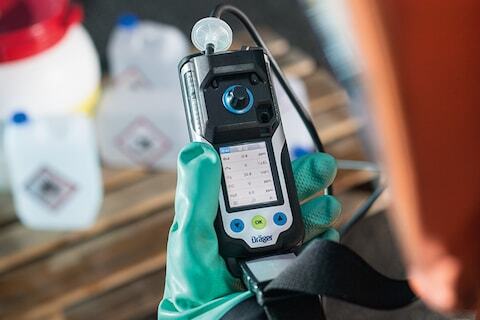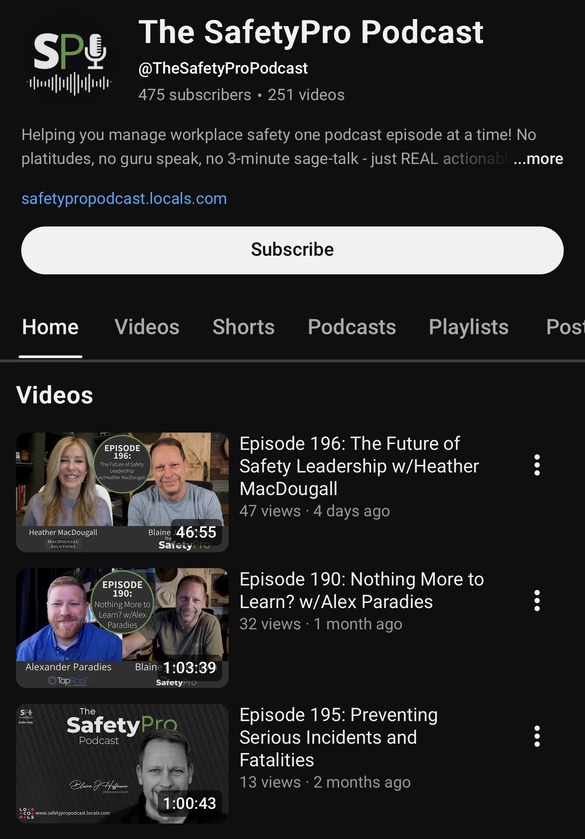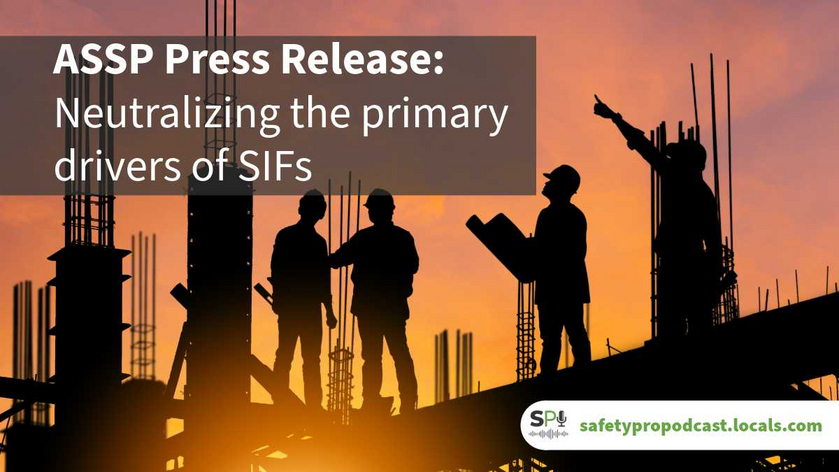PARK RIDGE, IL- January 13, 2026 — The American Society of Safety Professionals (ASSP) is redefining the industry’s approach to worker protection by moving beyond passive observation toward a future of powered action. Recognizing that safety and health is the bedrock of a high-performing enterprise, the Society will continue focusing its lens on the Serious Injuries and Fatalities (SIF) and Potential Serious Injuries and Fatalities (PSIF) that continue to disrupt operations and end lives.
Rather than accepting workplace incidents as an inevitable cost of doing business, ASSP is shifting the paradigm by isolating top hazards and neutralizing their causes where they live: on the shop floor, at the construction site, and in the heart of our infrastructure.
“We recognize that safety and health excellence cannot be achieved in a vacuum,” said ASSP President Linda Tapp, CSP, ALCM, CPTD. “By uniting our rigorous standards with the cutting-edge capabilities of our technology partners, we are moving safety and health from a policy page to the front line. This is safety and health by industry, for industry, where businesses lead businesses to protect our most valuable asset: our people.”
Neutralizing the "Lethal Leaders"
ASSP’s immediate strategy involves removing barriers to effective action by addressing the "lethal leaders"—the primary drivers of SIFs—which are reflected in the most recent OSHA Top 10 Most Frequently Cited Standards:
- Falls from Heights: To address the most frequent OSHA violation, ASSP will continue deploying and enhancing our world-class standards [ANSI/ASSP Z359] and technology to ensure working at height is never a death sentence.
- Lockout/Tagout (LOTO): To eliminate energy-related fatalities, the Society is moving best practices out of manuals and directly into the hands of the frontline through our world class standards addressing the control of hazardous energy [ANSI/ASSP Z244 and A10].
A Shared Mandate for the Future
This new direction emphasizes that the industry already possesses the data and has access through ASSP to the standards required to make a difference; it now requires the collective will to ensure every worker returns home. While ASSP prepares to share more details later this month on how organizations can directly collaborate to solve these challenges, the mission remains clear.
“Ending injuries, illnesses, and fatalities at work isn't just a goal, it is our shared mandate for a resilient future,” Tapp added.
About the American Society of Safety Professionals
For more than 100 years, ASSP has supported occupational safety and health professionals in their efforts to prevent injuries, illnesses, and fatalities. With a global membership of over 35,000, the Society provides the technical expertise and leadership necessary to drive meaningful change in the safety profession.





















